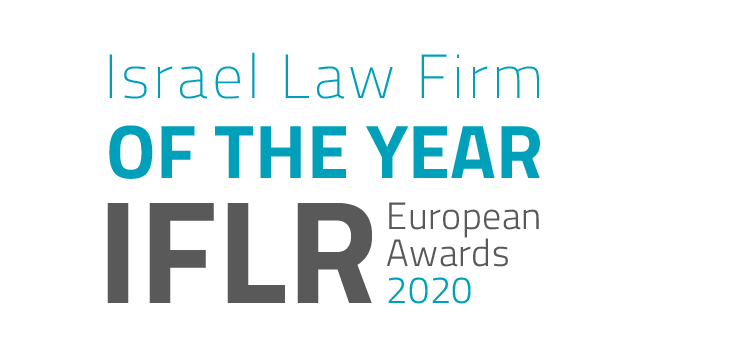The Supreme Court Reaffirms the Application of Foreign Law to Dual-Listed Companies
On October 16, 2018, the Supreme Court (Honorable Justices Solberg, Groskopf and Baron) issued a decision in Civil Appeal 2889/18 Cohen v. Tower Semiconductor Ltd. et al. (in which our firm represented Tower Semiconductor (“Tower”), its officers and its board members, the Respondents), confirming that the liability for breaches of reporting obligations in the secondary market by dual-listed companies is governed by the securities laws of the foreign trading jurisdiction.
The appeal was filed with respect to the Tel Aviv District Court’s (Economic Division, The Honorable Judge Kabub) ruling in favor of Tower. In his ruling (discussed in our November 2017 legal update), Judge Kabub provided an answer to the fundamental question: What law governs a dual-listed company with respect to liability for breaches of the company’s ongoing reporting obligations in the secondary market? After a comprehensive and extensive analysis, Judge Kabub held that the securities laws of the foreign jurisdiction in which the company’s shares are traded govern this issue.
Furthermore, Judge Kebub held that the governing law with respect to liability of the dual-listed company’s external auditors is also the law of the foreign jurisdiction in which the company’s shares are traded.
After oral arguments at the Supreme Court on October 4, 2018, the Justices suggested that the Appellants withdraw their appeal. The Appellants subsequently adopted this suggestion, and following this withdrawal the Supreme Court rendered its decision.
The key-points of the Court’s decision are as follows:
- Although it is not considered a “formal” precedent (since the appeal was withdrawn rather than denied), the Supreme Court explicitly expressed its view that it agrees with the District Court’s rulings and interpretation of the legal question at hand.
- Hence, with respect to ongoing reporting obligations of dual-listed companies in the secondary market, in the current legal framework, the securities laws of the foreign jurisdiction in which the company’s shares are traded will most likely govern liability in connection with such reports.
- The Supreme Court clarified that the question of the governing law with respect to liability issues in the primary market (i.e., alleged misrepresentations in a prospectus or other documents submitted in the framework of an issuing of securities) has not yet arisen. Therefore the Supreme Court’s approach to this issue remains uncertain.
- Another issue which the parties raised and argued over in the Appeal and which the Supreme Court has also not yet dealt with, is a situation where there are claims of a misstatement in a prospectus, of securities issued in Israel only, by a dual-listed company. This question remains unanswered, though it is more likely that a Court will see fit to apply the Israel law in such a case, as opposed to a case involving dual-traded securities.
- The alleged class in the class action against Tower included holders of securities that were issued in Israel only. Given the Supreme Court’s decision, it appears that with respect to liability for misrepresentation in the secondary market, there is no distinction between dual-listed securities, and securities that were issued in Israel only by a dual listed company. In either case, the law governing such claims will be the law of the foreign jurisdiction in which the company’s securities are traded.
- Ultimately, the Supreme Court called on the Israeli legislature to consider a legislative amendment to make the language of the Securities Law with respect to the issue of the applicable law more explicit, in order to prevent future legal disputes on the subject.
Click here to read the update in PDF format
Update written by: Adv. Jana Rabinovich, Daniel Fishelovich
For further information, please contact:
Adv. Dr. Gil Orion +972-3-6944142 gorion@fbclawyers.com
Adv. Jana Rabinovich +972-3-6069699 jrabinovich@fbclawyers.com

